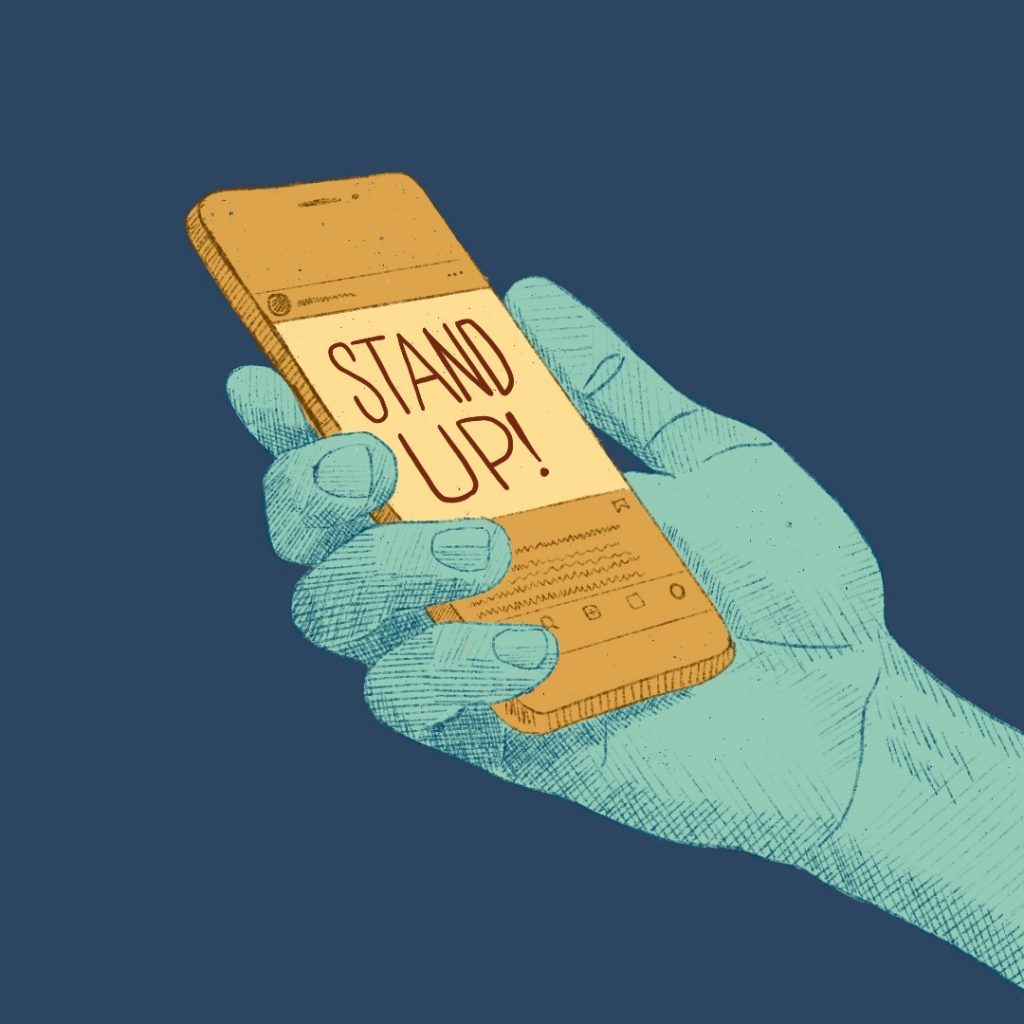In response to the events occurring in Israel and Palestine, there has been a wave of student activism on Binghamton University’s campus. Action has varied in medium and message — for example, several student multicultural organizations have recently released statements in support of the Palestinian people and BU’s Students for Justice in Palestine (SJP) chapter led a “Rally for Palestinian Solidarity.” Additionally, student groups like Hillel at Binghamton and the Orthodox Union-Jewish Learning Initiative on Campus (JLIC) held a vigil space for students to express solidarity with Israeli victims. We are proud to see students mobilize to educate and express solidarity amid such a polarized and terrifying situation, and encourage continued engagement.
College campuses have long been an important setting for anti-war and political protest. The Vietnam War brought one of the biggest mass waves of college student protests across the United States, which played a key role in spreading antiwar ideas in public discourse. In fact, “Pipe Dream” replaced our paper’s former name, “The Colonial News,” in response to the Vietnam War.
Universities are microcosms of democracy and political discourse. Young people have always been an important force in our political sphere, and college students, especially, often have the resources and networks to mobilize in really powerful ways. Additionally, universities are primarily learning environments. By being exposed to the ideas of people from different backgrounds and perspectives, students are able to expand their worldview. Additionally, college campuses are a space where students can form community organizing frameworks and practice political action in ways that they hopefully can continue to exercise throughout their lives.
In recent weeks, student organizations have played a key role in bringing attention to the Israel-Palestine crisis, holding officials and organizations accountable, and fostering spaces for education and conversation. Several multicultural student organizations have criticized President Harvey Stenger’s statements for failing to comment on the human rights abuses also being faced by Palestinians, not just Israelis. Student organizations like Students for Justice in Palestine (SJP), Muslim Student Association (MSA), Black Student Union (BSU), and Hillel, have also released their own statements seeking to educate students on the events occurring and express solidarity with those directly impacted by the crisis. Multicultural organizations, especially, are crucial political forces on BU’s campus. It is important that we listen to students who are directly or proximately impacted by the events occurring in both Israel and Palestine and affirm their experiences, regardless of political views.
While student protest is impactful, it is also important to try to center action around real change and avoid unproductive over-polarization. While the events occurring in Israel and Palestine are extremely distressing and angering, as students currently residing on the other side of the world, it can be easy to quickly become polarized and get caught up in conflict rather than working to educate and address the human rights abuses occurring to Israeli and Palestinian people. For example, organizations like the Latin American Student Union (LASU) also linked resources in their statements where students could donate to organizations providing direct humanitarian aid in Gaza.
As young people and students, we are a powerful force for change. As we continue to experience this increasingly polarized political climate, we hope that students will continue to engage in educating and organizing with each other in a respectful way.



